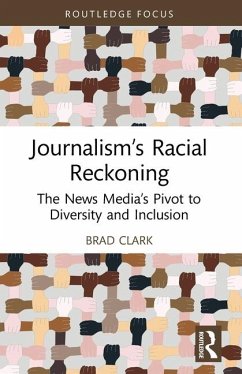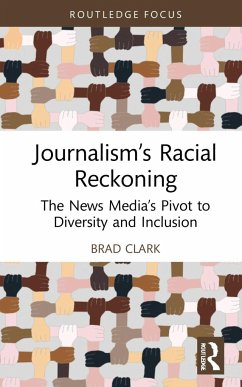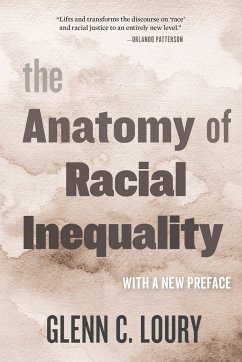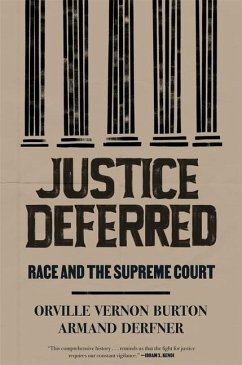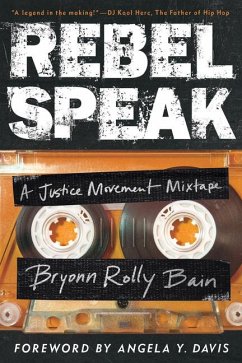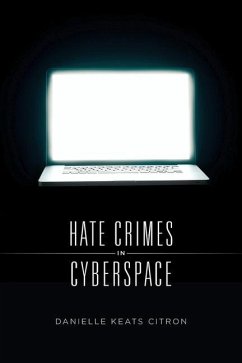Nicht lieferbar
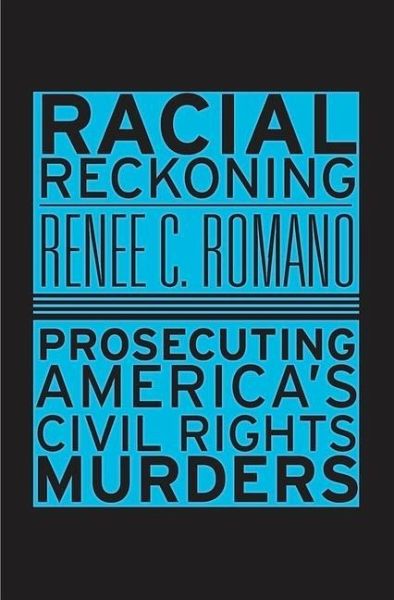
Racial Reckoning
Prosecuting America's Civil Rights Murders
Versandkostenfrei!
Nicht lieferbar
Few whites who violently resisted the civil rights struggle were charged with crimes in the 1950s and 1960s. But the tide of a long-deferred justice began to change in 1994, when a Mississippi jury convicted Byron De La Beckwith for the 1963 murder of Medgar Evers. Since then, more than one hundred murder cases have been reopened, resulting in more than a dozen trials. But how much did these public trials contribute to a public reckoning with Americäs racist past? Racial Reckoning investigates that question, along with the political pressures and cultural forces that compelled the legal syste...
Few whites who violently resisted the civil rights struggle were charged with crimes in the 1950s and 1960s. But the tide of a long-deferred justice began to change in 1994, when a Mississippi jury convicted Byron De La Beckwith for the 1963 murder of Medgar Evers. Since then, more than one hundred murder cases have been reopened, resulting in more than a dozen trials. But how much did these public trials contribute to a public reckoning with Americäs racist past? Racial Reckoning investigates that question, along with the political pressures and cultural forces that compelled the legal system to revisit these decades-old crimes. ¿[A] timely and significant work¿Romano brilliantly demystifies the false binary of villainous white men like Beckwith or Edgar Ray Killen who represent vestiges of a violent racial past with a more enlightened color-blind society¿Considering the current partisan and racial divide over the prosecution of police shootings of unarmed black men, this book is a must-read for historians, legal analysts, and journalists interested in understanding the larger meanings of civil rights or racially explosive trials in America.¿ ¿Chanelle Rose, American Historical Review




